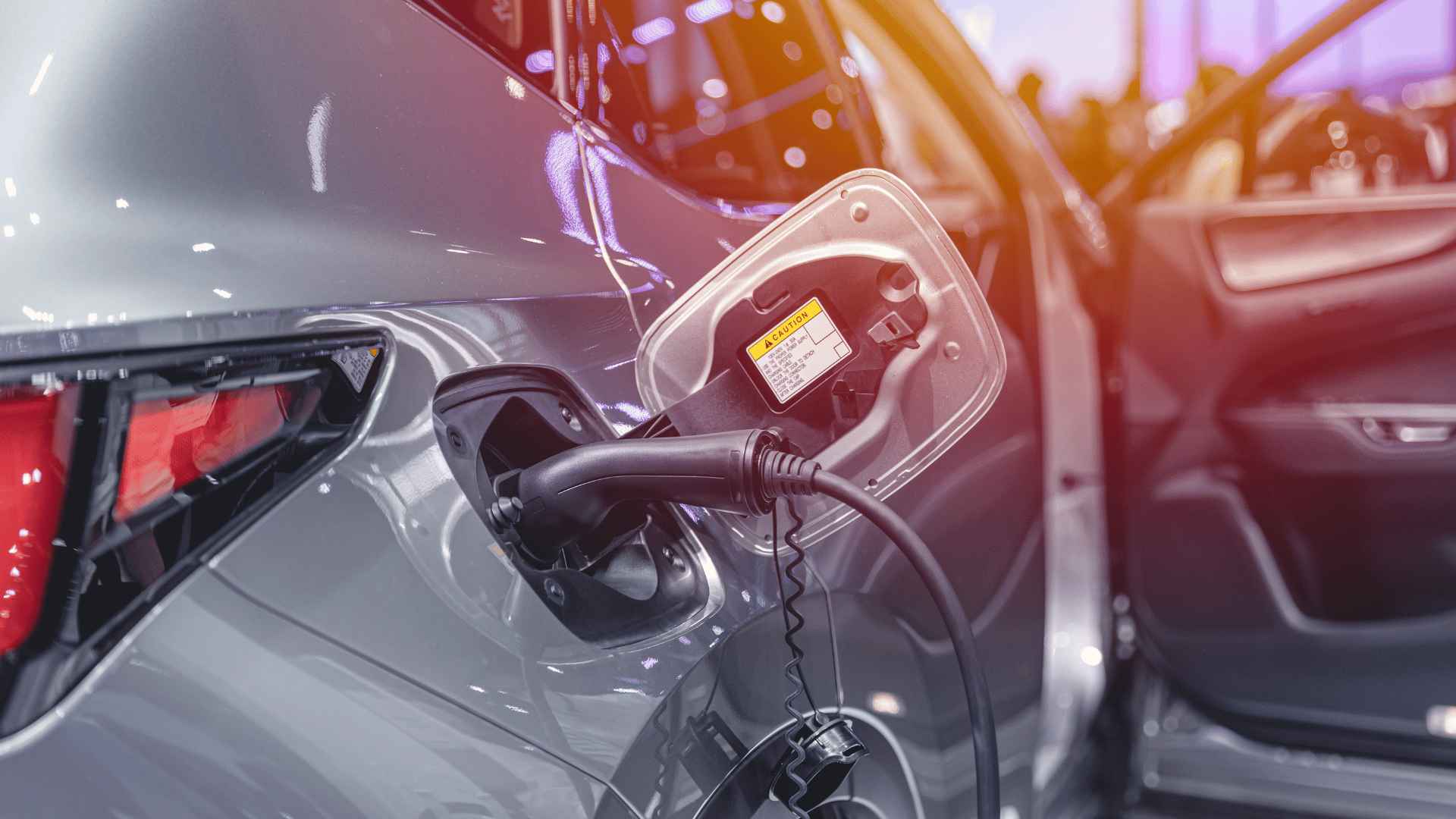In today's rapidly changing world, the choice between an electric vehicle (EV) and a traditional fuel-powered car is becoming more pertinent than ever.
As the Philippines pushes forward toward a greener and more sustainable future, many consumers find themselves at a crossroads, wondering which type of vehicle is the right fit for their needs.
In this article, we will explore the benefits and drawbacks of both electric and gas-powered cars, ultimately helping you make an informed decision that aligns with your lifestyle and environmental goals.
Electric Vehicle
Environmental Benefits: Electric cars tend to be heralded as a more environmentally friendly alternative to traditional vehicles for several reasons. They produce zero tailpipe emissions, leading to a considerable reduction in carbon dioxide (CO2) emissions, which are a significant contributor to climate change.
This also means improved air quality, especially in urban areas where pollution is a pressing concern. Moreover, electric cars are not reliant on fossil fuels, helping to reduce the demand for oil and lessen the nation's dependence on imported fuels.
Cost-Efficiency: Battery Electric vehicles offer several cost-related advantages. Charging an electric car is generally cheaper than refueling a conventional vehicle with gasoline or diesel. Electricity prices tend to be more stable than volatile oil prices. Plus, the Philippine government, along with local authorities, often provides incentives, rebates, and reduced registration fees for electric vehicles to encourage adoption.
Convenience: Electric cars are designed with convenience in mind. They run almost silently and provide a smooth, vibration-free ride. Charging stations are increasingly available in major cities and along highways, making it easier to find a charging point for your electric vehicle. Many electric vehicle owners charge their cars at home using a standard electrical outlet, making daily charging incredibly convenient.
Performance: Electric cars offer an exciting driving experience. They deliver instant torque, providing swift acceleration and a responsive driving experience. The heavy battery pack in an electric vehicle is positioned low in the chassis, enhancing stability and handling. Several automakers produce high-performance electric vehicles with astounding acceleration and top speeds.
Considerations: While electric vehicles have numerous advantages, they also have some limitations. They generally have a lower driving range compared to some fuel cars, which might be a concern for those who frequently undertake long journeys.
Charging an electric car takes more time than filling up a gas tank, although fast-charging stations are becoming more prevalent to reduce this inconvenience. The upfront cost of electric cars can be higher than that of their traditional counterparts, but this gap is narrowing.
Fuel Cars
Gas cars have been the norm for generations and continue to offer certain advantages.
Availability: Gasoline and diesel fuel stations are ubiquitous in the Philippines, ensuring that cars have easy access to refueling. The infrastructure for fuel cars, including repair shops and service centers, is well-established throughout the country.
Performance: Fuel cars typically offer a longer driving range and quicker refueling, making them a practical choice for long-distance travel. They come in various sizes and types, including high-performance models, catering to a wide range of preferences.
Purchase Price: The initial purchase price of gas cars is often lower than that of electric cars, making them an attractive choice for budget-conscious consumers. If you don't drive many kilometers per year, the higher fuel costs may be offset by the lower initial price of a gas-powered car.
Maintenance: Fuel cars benefit from a well-developed network of mechanics and service centers, potentially reducing maintenance hassles. Some fuel-efficient car models have lower maintenance costs due to the availability of affordable spare parts.
Environmental Impact: While gas cars produce emissions, advancements in technology have led to more fuel-efficient and cleaner-burning engines, reducing their environmental impact.
Making the right choice for you
When deciding between an electric car and a fuel car in the Philippines, aside from the cost of fuel vs. an electric car, several factors come into play:
Analyzing Your Driving Habits: Consider how far you typically drive each day, as this will impact the importance of range and charging infrastructure. If you frequently embark on long journeys, a gas-powered car with a longer driving range might be more practical.
Check the availability of charging stations in your area and along your regular routes.
Considering Environmental Impact: Assess your personal commitment to reducing your carbon footprint and supporting sustainable transportation. Educate yourself about the environmental benefits of electric cars and how they align with your values.
Financial Considerations: Evaluate the total cost of ownership, factoring in fuel or electricity costs, maintenance, and potential government incentives. Research any current or upcoming incentives that may apply to electric vehicles.
Future-Proofing Your Investment: Consider the direction in which the automotive industry is heading and whether investing in electric technology aligns with future trends. Assess how the choice of a vehicle might affect its resale value over time.
Test Driving and Research: Take the time to test drive both electric and gas cars to get a firsthand feel for their performance and features. Speak with current electric car and fuel car owners to get their insights and experiences.
Hybrid Vehicles
In the quest for eco-friendly and cost-effective mobility, hybrid electric vehicles offer a compelling middle ground between electric and fuel-powered cars. These vehicles combine an internal combustion engine with an electric motor and battery, providing several advantages.
Hybrids are highly fuel-efficient, reducing both emissions and fuel costs. They also require no charging infrastructure, making them a versatile choice for drivers in the Philippines, where charging stations may still be limited in some areas.
Hybrid technology continues to advance, offering a practical and environmentally conscious option for those who want to reduce their carbon footprint while maintaining the convenience and reliability of a traditional fuel car.
In the dynamic landscape of automotive choices, the decision between an electric vehicle, a traditional fuel-powered car, or even a hybrid vehicle in the Philippines is not a one-size-fits-all proposition. It's a decision influenced by a multitude of factors, including your driving habits, environmental concerns, financial considerations, and outlook on the future.
Electric vehicles have rapidly emerged as champions of sustainability, offering reduced emissions, lower operating costs, and a driving experience that aligns with a green future. On the other hand, traditional fuel cars continue to provide a dependable and often more affordable option, especially for those with long commutes or concerns about charging infrastructure.
And let's not forget the hybrid vehicles, which blend the best of both worlds with fuel efficiency and reduced emissions without the need for extensive charging networks.
Ultimately, the choice between these options should reflect your unique circumstances and priorities. As the Philippines advances toward a more sustainable tomorrow, your decision becomes a meaningful contribution to this journey. So, weigh your options carefully, test drive, do research, and consider the impact your choice will have on your daily life and the environment. Whether you opt for electric, fuel-efficient, or hybrid vehicles, you're taking a step toward a cleaner and more sustainable future for the Philippines and beyond.
For more information on Vista Residences, email [email protected], follow @VistaResidencesOfficial on Facebook, Twitter, Instagram, and YouTube, or call the Marketing Office at 0999 886 4262 / 0917 582 5167.






.png)